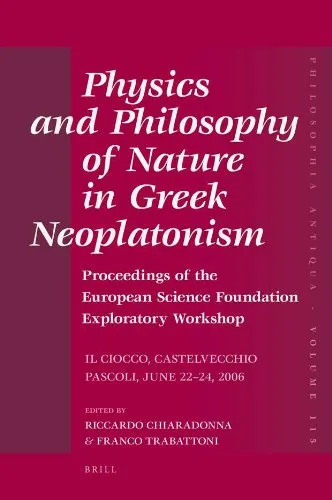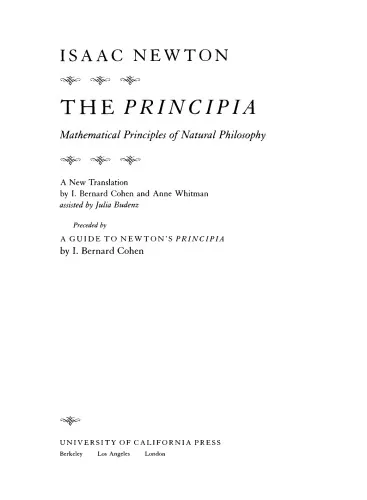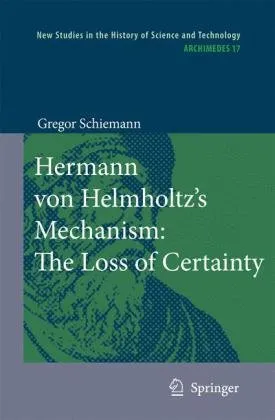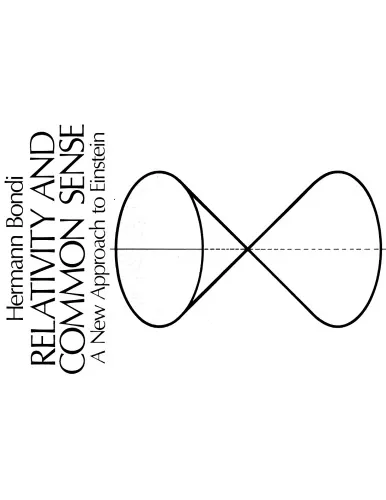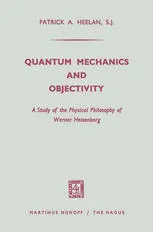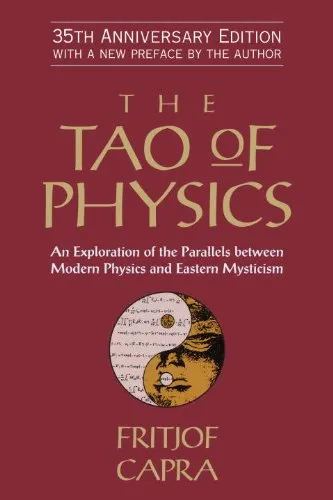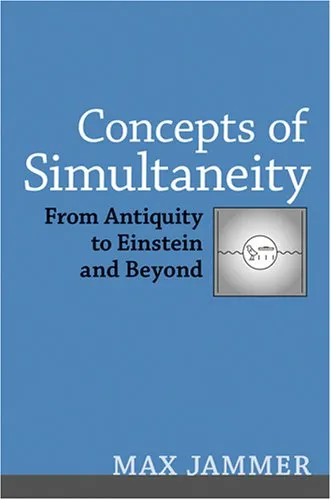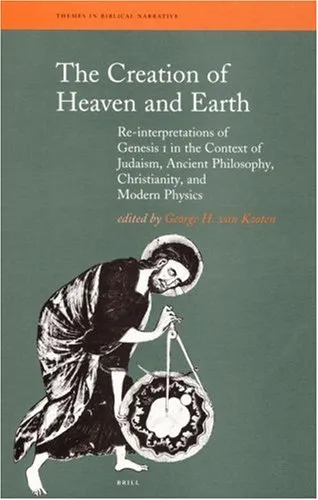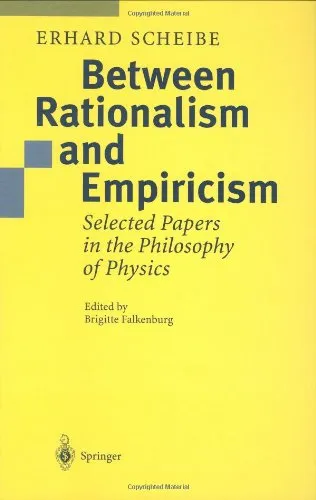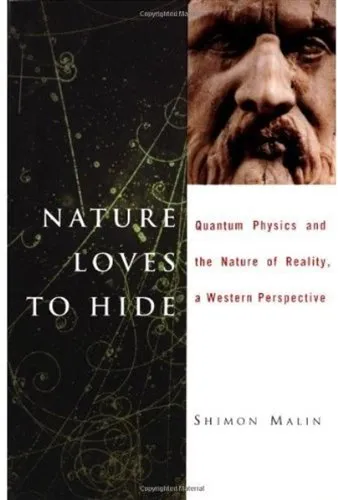Physics and Philosophy of Nature in Greek Neoplatonism: Proceedings of the European Science Foundation Exploratory Workshop (Il Ciocco, Castelvecchio Pascoli, June 22–24, 2006)
4.7
Reviews from our users

You Can Ask your questions from this book's AI after Login
Each download or ask from book AI costs 2 points. To earn more free points, please visit the Points Guide Page and complete some valuable actions.Related Refrences:
Introduction to "Physics and Philosophy of Nature in Greek Neoplatonism"
Welcome to an exploration of how Greek Neoplatonism has significantly contributed to both physics and the philosophy of nature. This book serves as an illuminating compilation of insights from the prestigious European Science Foundation Exploratory Workshop, held in the serene surroundings of Il Ciocco, Castelvecchio Pascoli, in June 2006. Edited by Riccardo Chiaradonna and Franco Trabattoni, this text delves into the profound synergy between philosophical speculation and scientific inquiry as seen through the lens of Neoplatonism. We aim to bridge the ancient and the contemporary, exploring timeless questions that continue to shape our understanding of the universe.
Detailed Summary
The book provides an in-depth analysis of the interaction between Neoplatonic philosophy and the development of early scientific thought. Divided into a series of essays and discussions by prominent scholars, it covers a breadth of topics such as the metaphysical foundations of nature, the role of mathematical principles in explaining physical phenomena, and the significance of hierarchical ontologies in understanding the cosmos.
The contributors revisit the works of key figures in Neoplatonism, including Plotinus, Proclus, and Damascius, interpreting their approaches to concepts like time, space, and causality. The discussions move beyond mere historical critique, aiming to highlight the relevance of Neoplatonic thought in current philosophical debates and scientific methodologies. By examining ancient texts and contrasting them with modern theories, the contributors shed light on the enduring legacy of Neoplatonism in shaping the contour of Western metaphysical and scientific landscapes.
Key Takeaways
- Neoplatonism offers a unique framework for understanding the interrelation between the metaphysical and the physical worlds.
- The Neoplatonic emphasis on the primacy of mathematical and abstract principles laid early groundwork for scientific methodologies.
- Through its hierarchical structure of reality, Neoplatonism provides a distinct approach to solving modern philosophical dilemmas regarding the nature of existence.
- The insights from Neoplatonism remain relevant in addressing contemporary discussions about consciousness, cosmology, and the philosophy of science.
Famous Quotes from the Book
"In the timeless dialogues of Neoplatonism, we find the seeds of modern scientific inquiry interwoven with the profoundest of philosophical musings."
"The ancients perceived no schism between the world of ideas and the world of matter; theirs was a unifying vision that we can scarcely afford to overlook."
Why This Book Matters
In an era where the boundary between science and philosophy becomes increasingly blurred, revisiting the wisdom of ancient Neoplatonism is both timely and enlightening. This book matters because it not only highlights the historical foundations of modern scientific thought but also challenges contemporary scholars and students to rethink the segregation of metaphysical and empirical approaches to knowledge. By understanding how Neoplatonism bridged these domains, readers are encouraged to cultivate a more holistic approach to the study of nature, one that embraces both the speculative and the empirical. Such an approach is indispensable for those who seek a deeper understanding of the universe and our place within it.
Free Direct Download
You Can Download this book after Login
Accessing books through legal platforms and public libraries not only supports the rights of authors and publishers but also contributes to the sustainability of reading culture. Before downloading, please take a moment to consider these options.
Find this book on other platforms:
WorldCat helps you find books in libraries worldwide.
See ratings, reviews, and discussions on Goodreads.
Find and buy rare or used books on AbeBooks.
1269
بازدید4.7
امتیاز0
نظر98%
رضایتReviews:
4.7
Based on 0 users review
Questions & Answers
Ask questions about this book or help others by answering
No questions yet. Be the first to ask!
